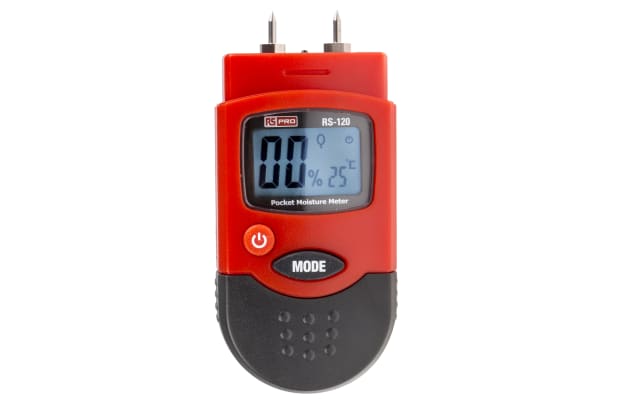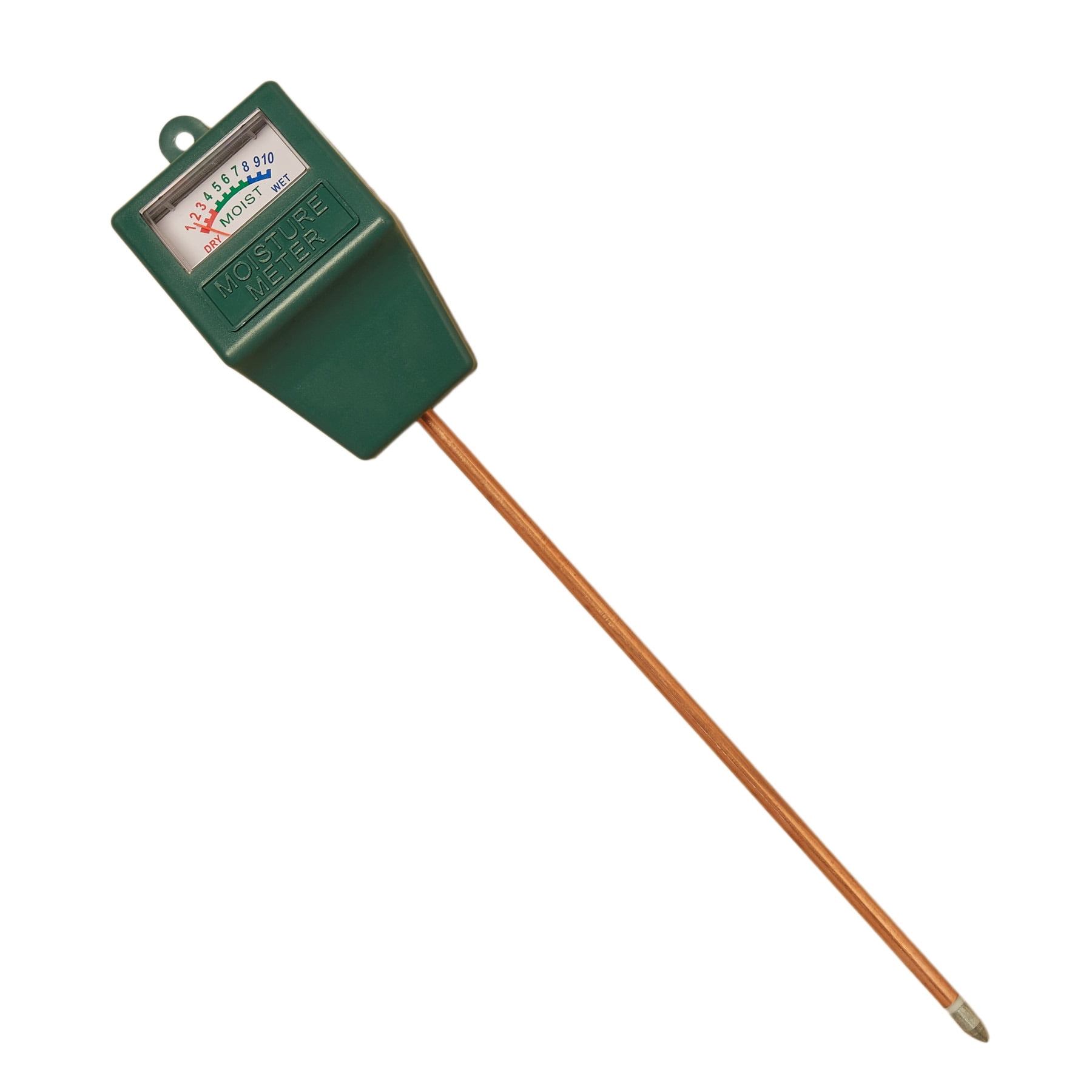How to Use a Moisture Meter to Spot Covert Water Damage in Your Residential property
How to Use a Moisture Meter to Spot Covert Water Damage in Your Residential property
Blog Article
The Ultimate Overview to Moisture Meters: A Comprehensive Overview and How They Can Conserve You Money
Moisture meters offer as vital tools in identifying and monitoring moisture web content in materials, assisting in preventing expensive problems and ensuring the high quality of products. Comprehending the subtleties of various types of wetness meters, their applications, and the possible cost-saving advantages they supply can be a game-changer for companies and specialists alike.
Kinds Of Dampness Meters
Various kinds of wetness meters are readily available for different applications in different industries. One typical kind is the pin-type moisture meter, which determines the electric resistance in between 2 pins inserted into a material. This kind is suitable for wood, drywall, and other building materials. Pinless wetness meters, on the various other hand, usage electro-magnetic sensing unit plates to check a larger location without triggering damages to the product's surface. Moisture Meter. These meters are ideal for swiftly evaluating dampness levels in huge locations such as floorings and wall surfaces.

Infrared moisture meters determine the thermal buildings of a product to identify its moisture content non-invasively, making them beneficial for applications where pin or pinless meters might not be suitable. Understanding the different types of moisture meters available can assist industries pick the most suitable tool for their specific moisture dimension needs.

Advantages of Using Dampness Meters
Moisture meters use indispensable benefits in accurately assessing and keeping an eye on moisture degrees in varied products and settings. One of the primary advantages of utilizing wetness meters is the prevention of prospective damages triggered by excess moisture.
In addition, using wetness meters can cause boosted power effectiveness. By recognizing locations with high wetness degrees, such as leakages or poor insulation, adjustments can be made to boost energy preservation and reduce energy costs. In farming settings, moisture meters play an important role in maximizing plant returns by making it possible for farmers to keep an eye on soil wetness degrees and make educated watering choices. On the whole, the advantages of utilizing moisture meters extend across numerous industries, supplying cost-efficient solutions and promoting far better quality assurance methods.
Just How to Choose the Right Dampness Meter
When selecting a dampness meter, it's necessary to ensure that the meter is appropriate for the specific material you will certainly be testing. Various materials have differing electrical residential or commercial properties that can affect dampness analyses, so selecting a meter made for your product is critical for accurate outcomes. By carefully examining these elements, you can pick a wetness meter that meets your demands and supplies precise wetness measurements for your projects.
Correct Techniques for Moisture Meter Usage

Cost Cost Savings Via Wetness Meter Applications
How can the tactical application of dampness meters lead to substantial price savings throughout different sectors? Moisture meters play a critical role in cost savings by protecting against possible damages and guaranteeing high quality control in various sectors. In the agriculture market, dampness meters help in determining the optimal time for gathering crops, preventing excess or over-drying dampness that can influence the end product's top quality. This accurate surveillance assists farmers avoid unnecessary losses go to this website and optimize their return.
Likewise, in building and construction, dampness meters assist protect against costly problems by detecting dampness levels in structure materials, such as timber or concrete, which can bring about structural issues if not addressed without delay. By recognizing problem locations early, specialists can take rehabilitative actions to stay clear of extensive fixings or substitutes, ultimately saving time and cash.
In addition, in the food processing sector, dampness meters are essential for checking product quality and guaranteeing conformity with security regulations. By accurately gauging moisture content in food products, producers can protect against perishing, preserve quality, and decrease waste, resulting in substantial expense savings. On the whole, the calculated application of dampness meters is a useful investment that can cause substantial price reductions and improved performance throughout various sectors.
Final Thought
To conclude, wetness meters are valuable tools for measuring and discovering dampness degrees in numerous products. By using the appropriate dampness meter and adhering to proper methods, individuals can properly avoid pricey problems brought on by excess moisture. Investing in a quality moisture meter can cause significant price savings in the future by recognizing potential concerns at an early stage and making it possible for timely remediation. Eventually, wetness meters are necessary instruments for keeping the honesty and durability of structures and materials.
Moisture meters offer you could check here as indispensable devices in detecting and keeping track of moisture content in materials, assisting in avoiding pricey damages and guaranteeing the top quality of items. Infrared wetness meters gauge the thermal homes of a material to establish its wetness content non-invasively, making them useful for applications where pin or pinless meters may not be appropriate.Dampness meters provide invaluable advantages in properly evaluating and monitoring dampness levels in diverse products and settings. In agricultural settings, wetness meters play a critical role in enhancing crop returns by making it possible for farmers to keep track of soil wetness degrees and make educated irrigation decisions.In final thought, moisture meters are valuable devices for measuring and discovering dampness degrees in different materials.
Report this page